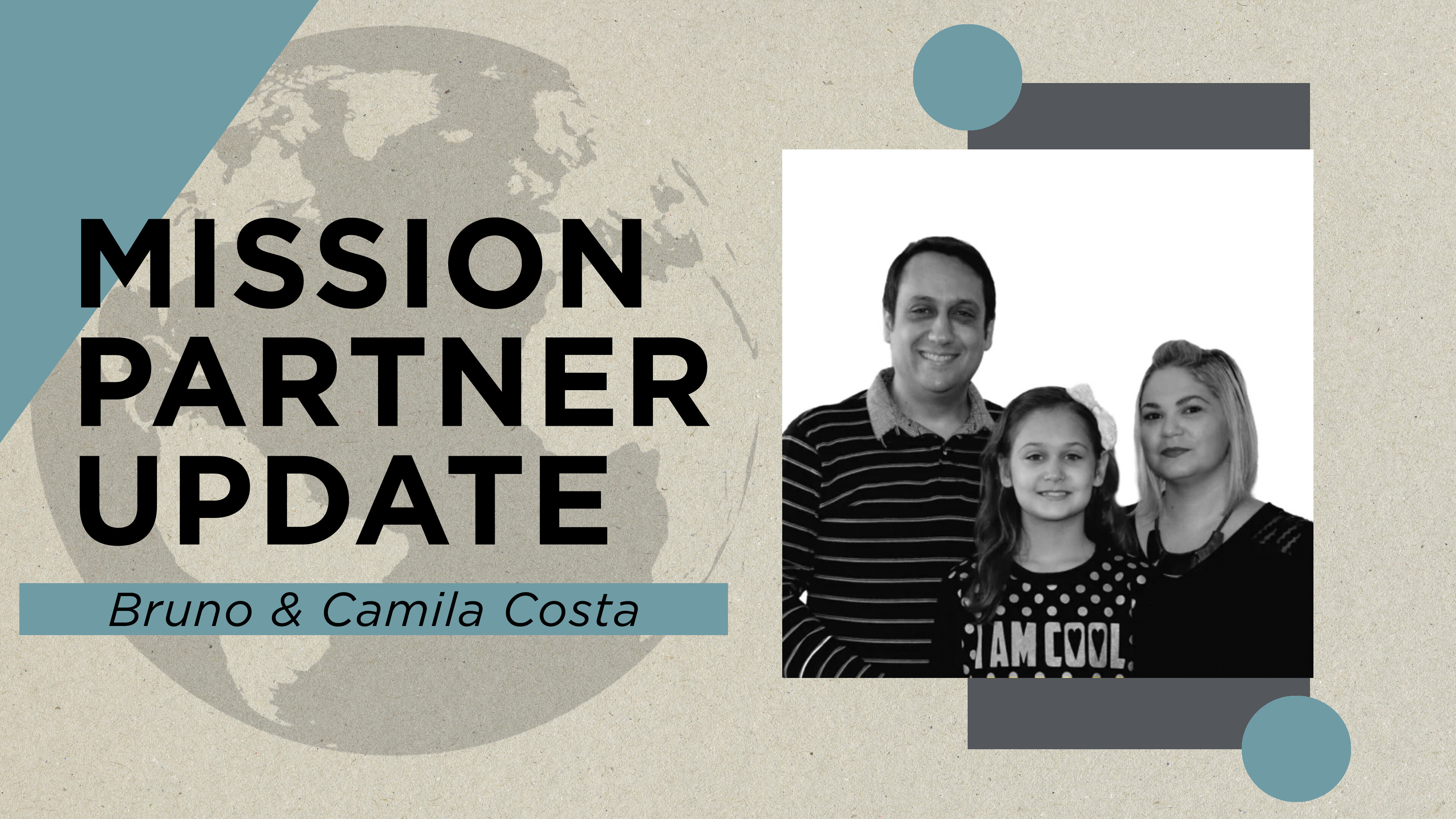Reflections: Henrietta Lacks

Black History Month is here. And, appropriately, there is much ink spilled in giving black visionaries, pioneers, mothers and fathers their flowers. Rightfully so! Black History may be a particular subset of history for many but, for me, it is my history. It represents the collective stories of my ancestors that are told year round. February is the month when many learn of Phyllis Wheatley, Bayard Rustin, A. Phillip Randolph, Mahalia Jackson, and George Washington Carver — and it is also another month. Another month to tell black stories. Another month to center the stories and people that have made significant contributions to our democracy, our church, and our world.
This month I want to take time to share with you some important people who have shaped my life, my thinking, and my faith in profound ways. Over the next month you may encounter familiar names and stories. Perhaps you’ll encounter names and stories you didn’t know about. But I want you to know one important thing: these are our stories. They aren’t lives to be confined to a month, an ethnic group, or a region. These are stories that belong to us. They are our stories. And as such, we should tell them and tell them frequently.
To kick things off, I want to talk a bit about Henrietta Lacks.
Much like the woman with an issue of blood in Luke 8:43-48, Henrietta found herself in a similar situation. After experiencing constant and painful bleeding, she turned to one of the only places in the country serving poor black people: Johns Hopkins Hospital. After an examination, the doctors found a large malignant tumor on her cervix. Cervical cancer was a sure death sentence then, as cancer treatments were in their infancy. But they began treatment to see if they could help Henrietta extend her life a bit longer.
Upon her examination, a biopsy was done and cells from her body were taken. Though the biopsy was routine, her cells were taken without consent. What happened next stunned the medical community.
One prominent doctor made a practice of taking cells from his patients with cervical cancer to study them, and most of the cells he took didn’t last long. But the one’s he took from Henrietta did. They not only survived but doubled every 20-24 hours. This was a medical marvel that allowed not only the continued study of these cells as part of Henrietta’s treatments — but also served as the catalyst for many future medical innovations.
To this day, Henrietta’s cells still live.
HeLa cells, as they have come to be known, have been used for 70 years as instrumental in the development of dozens of treatments and vaccines that we know. Her cells have been used to test drugs, vaccines, and medicines for efficacy. And because doctors can use her cells, in many cases they have not had to experiment on living humans. Jonas Salk, the inventor of the polio vaccine, used HeLa cells to develop the medicine. In addition to being the first human cells to be cloned, they were also used in cancer, AIDS, HPV, and even the Covid-19 vaccine.
While in seminary, a dear friend recommended The Immortal Life of Henrietta Lacks by Rebecca Skloot to me. I raged and wept and pondered and wondered through the entire book. It is a sad tale of exploitation, deep sorrow, and financial injustice — but also great hope. Hope that one life truly can change millions.
Henrietta Lacks is one reason why Black History Month is so much more than 28 short days (29 on leap years). Her life and legacy live on constantly in the lives that she’s saved and protected. Her story reverberates into the halls of not just American history but Human history. Her story is not an exclusively black story. Her story is our story.



Login To Leave Comment